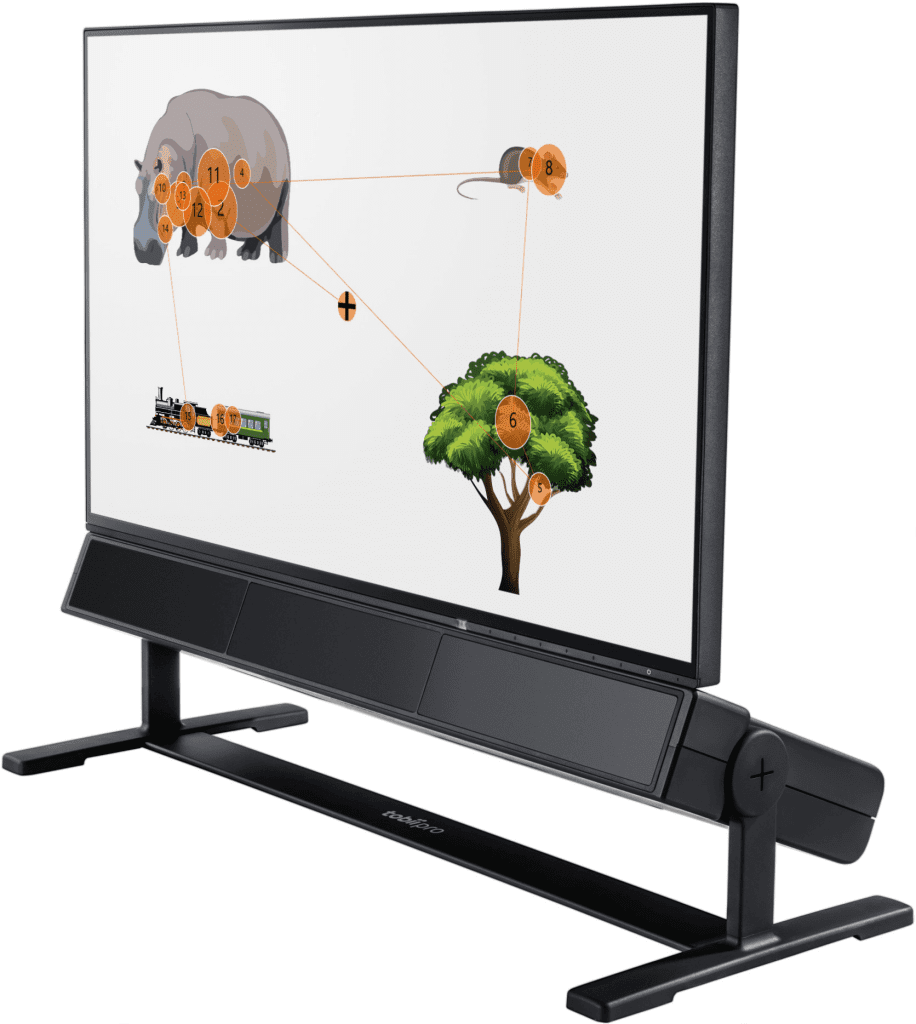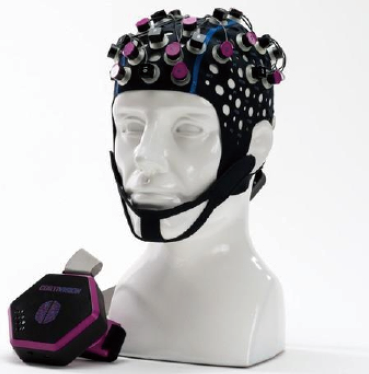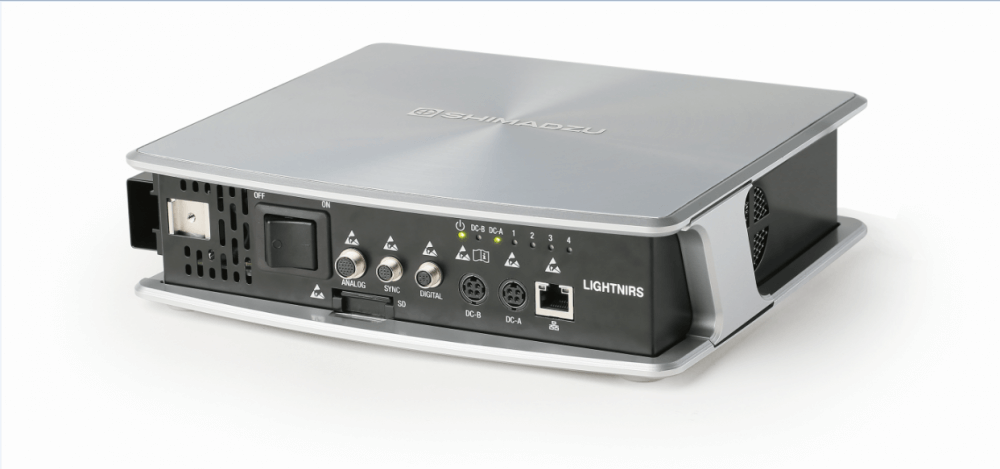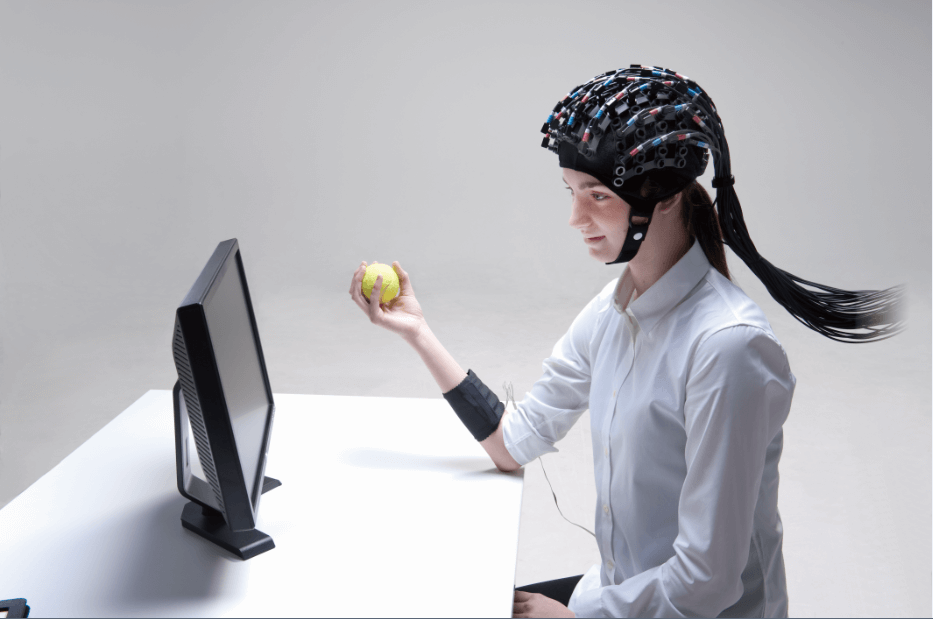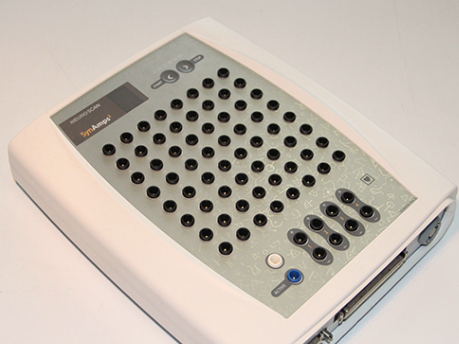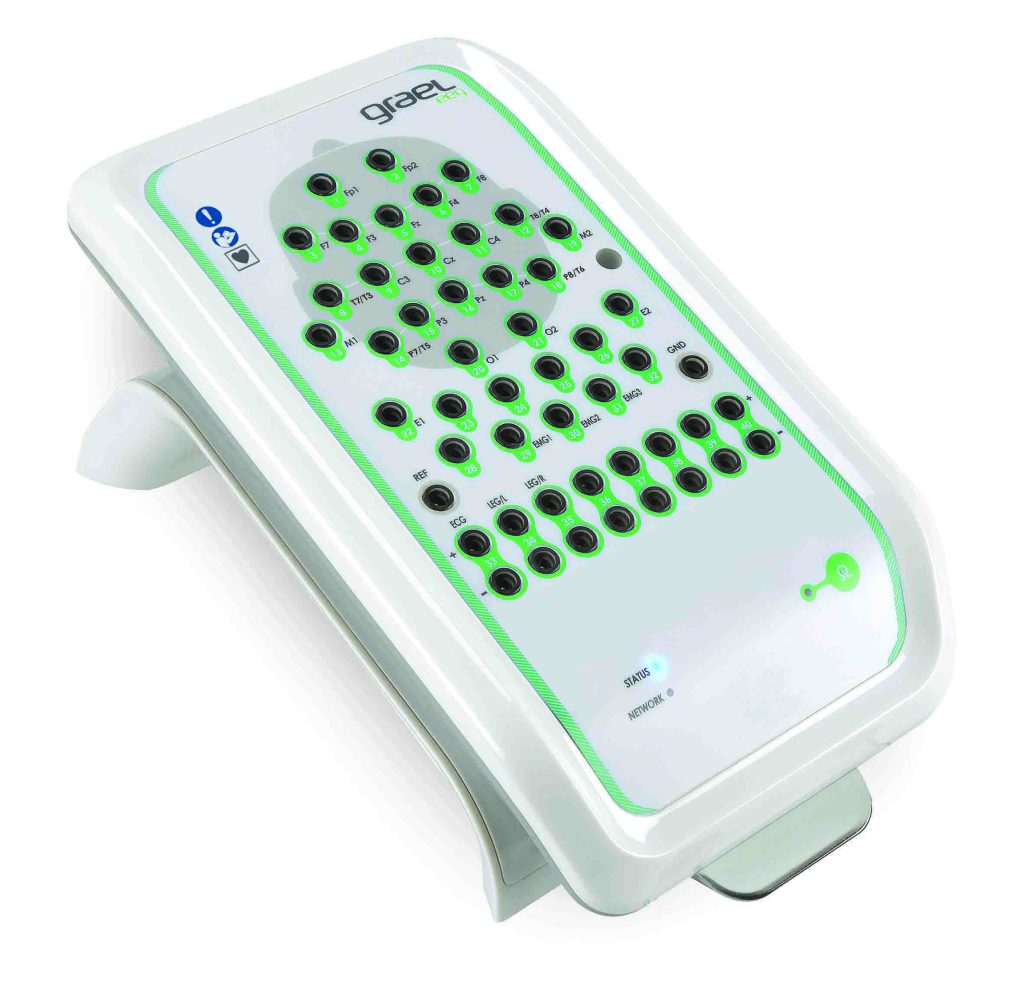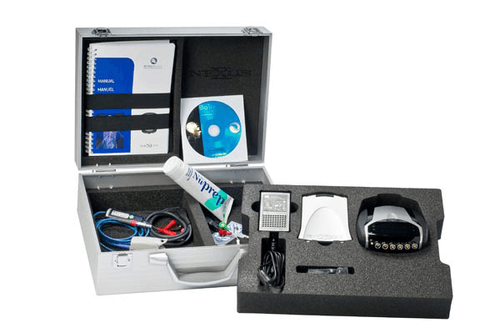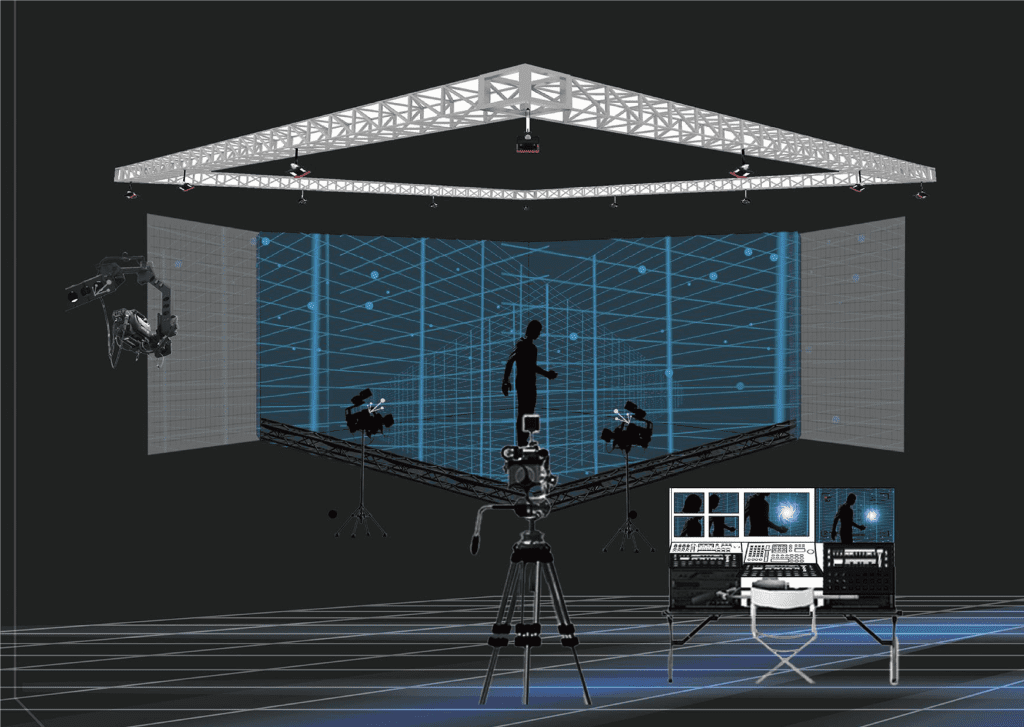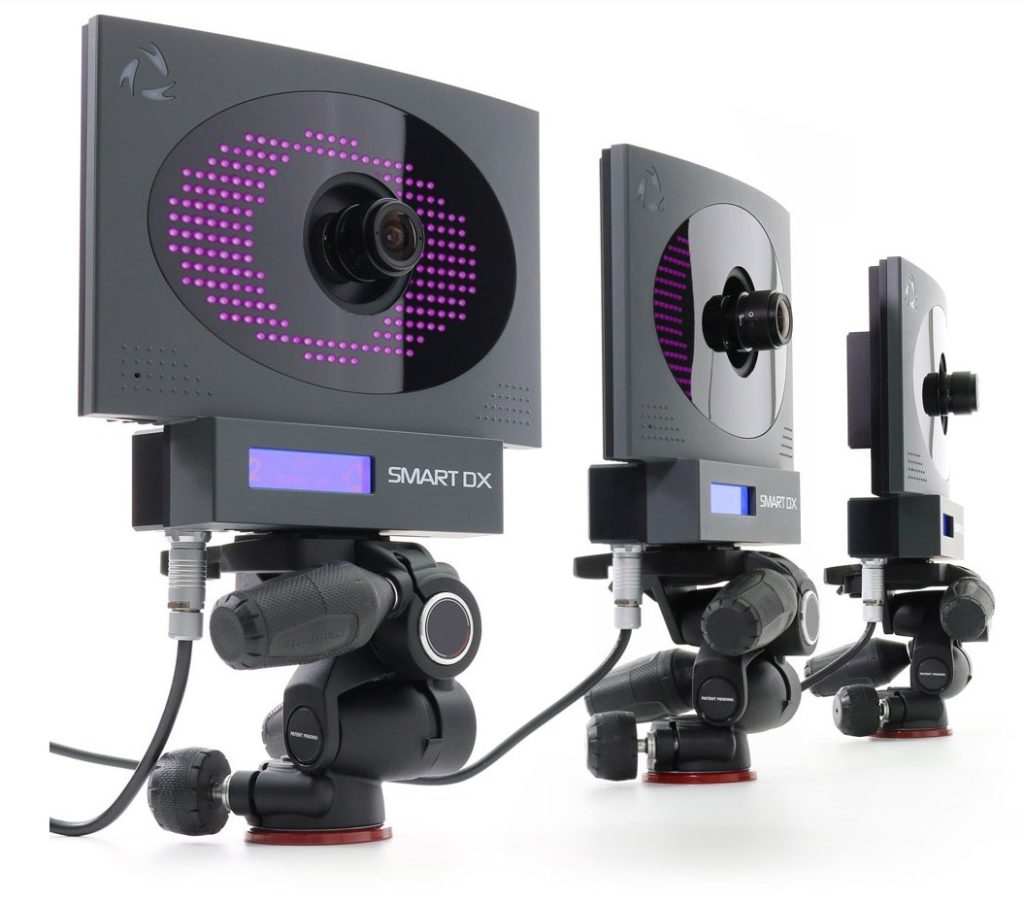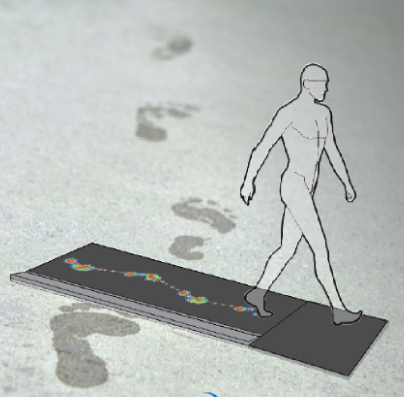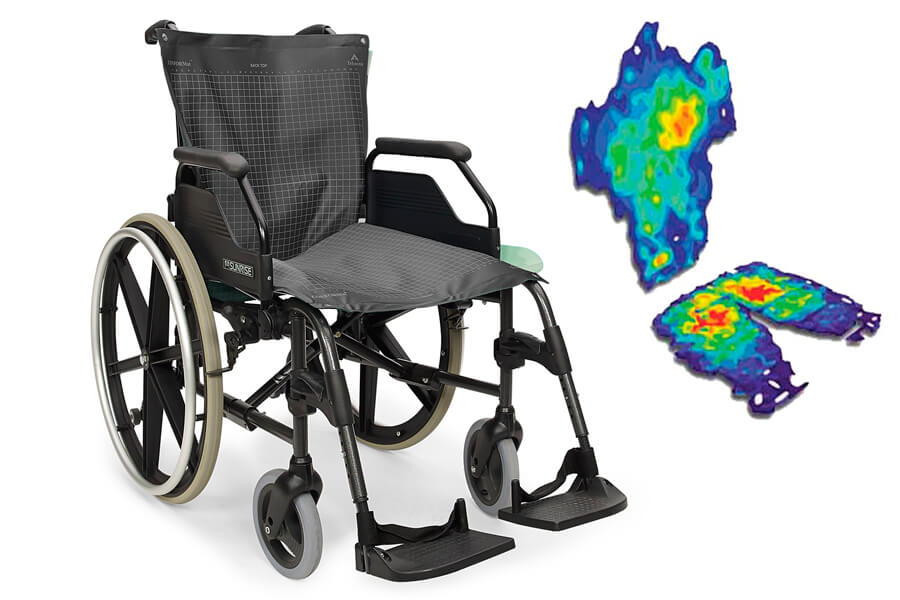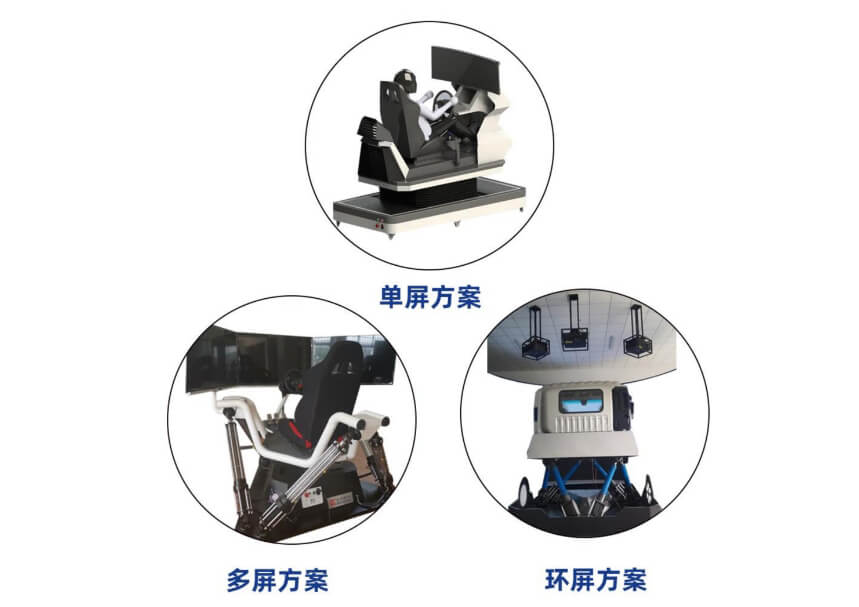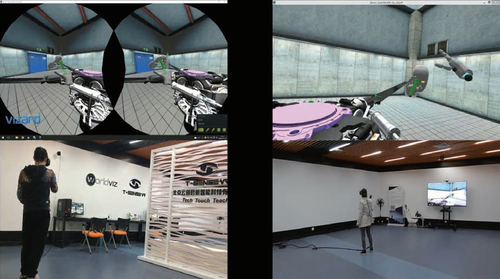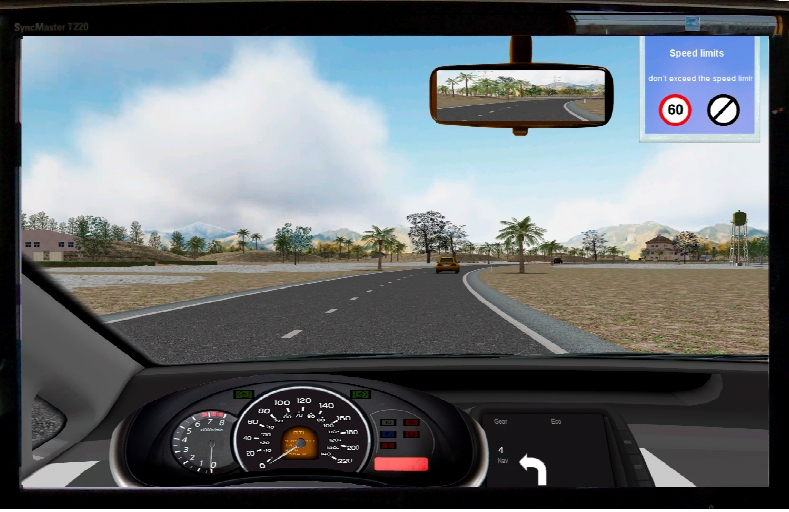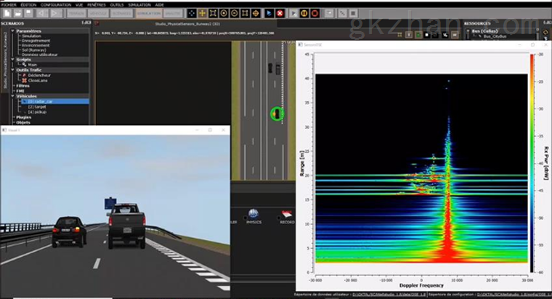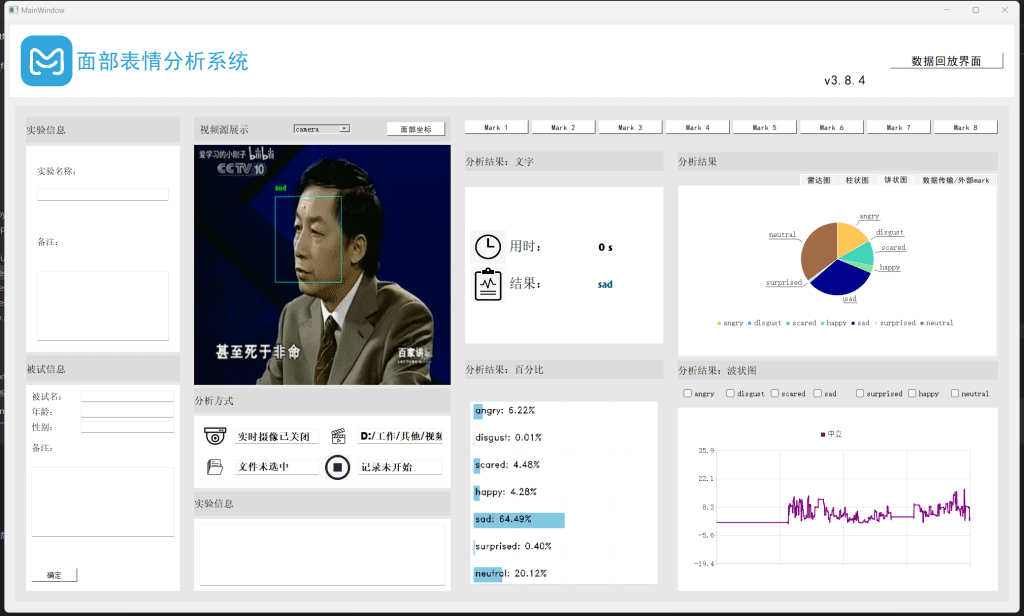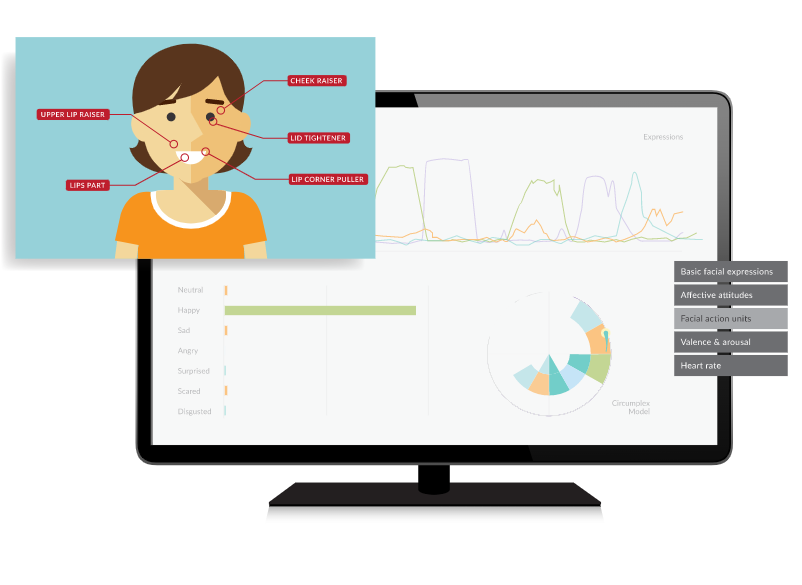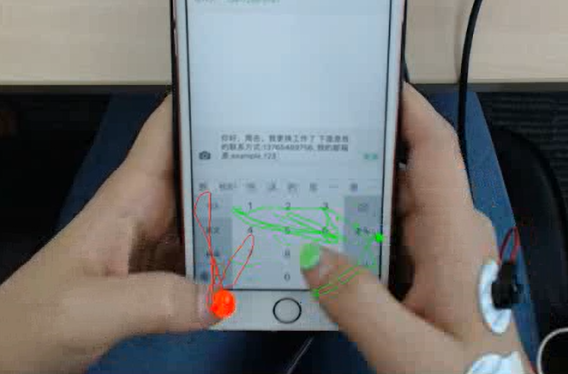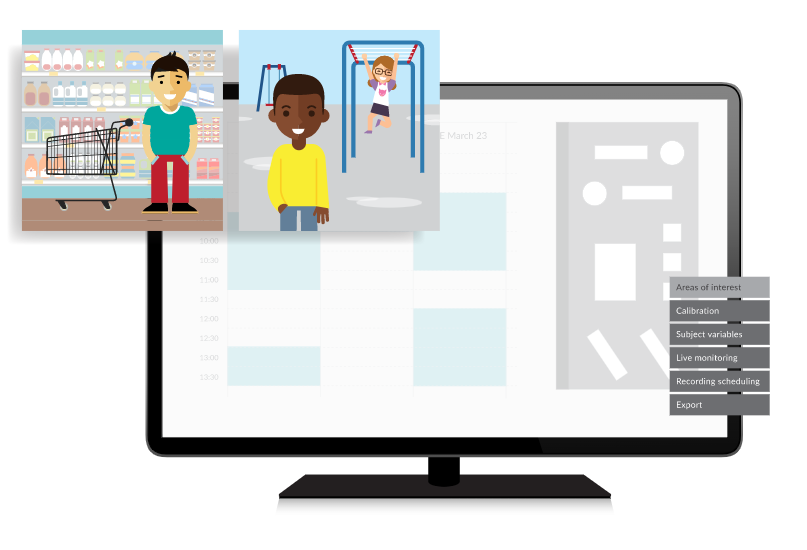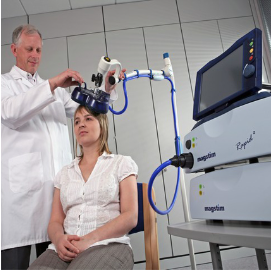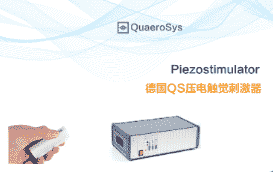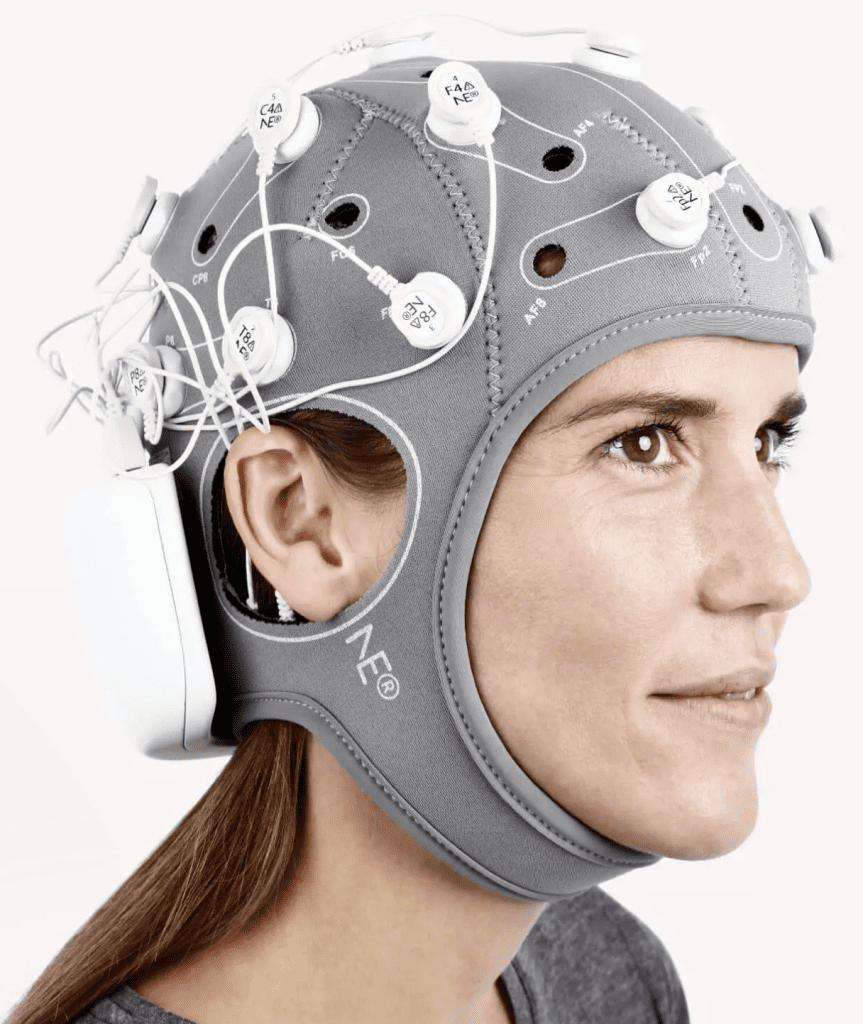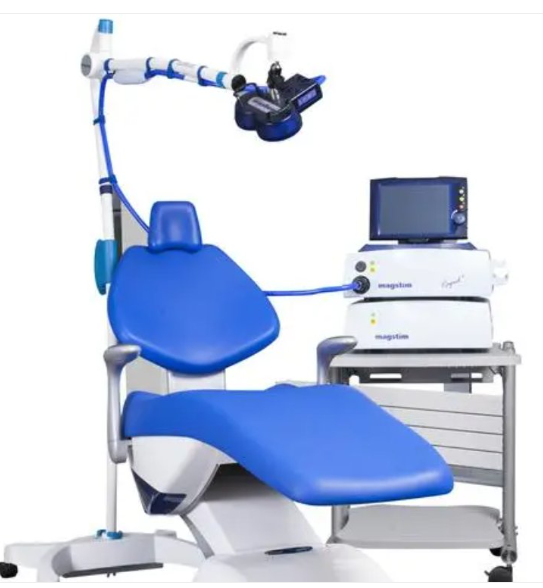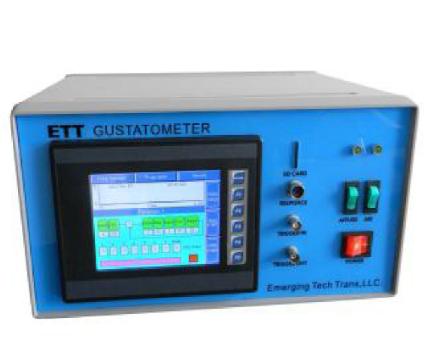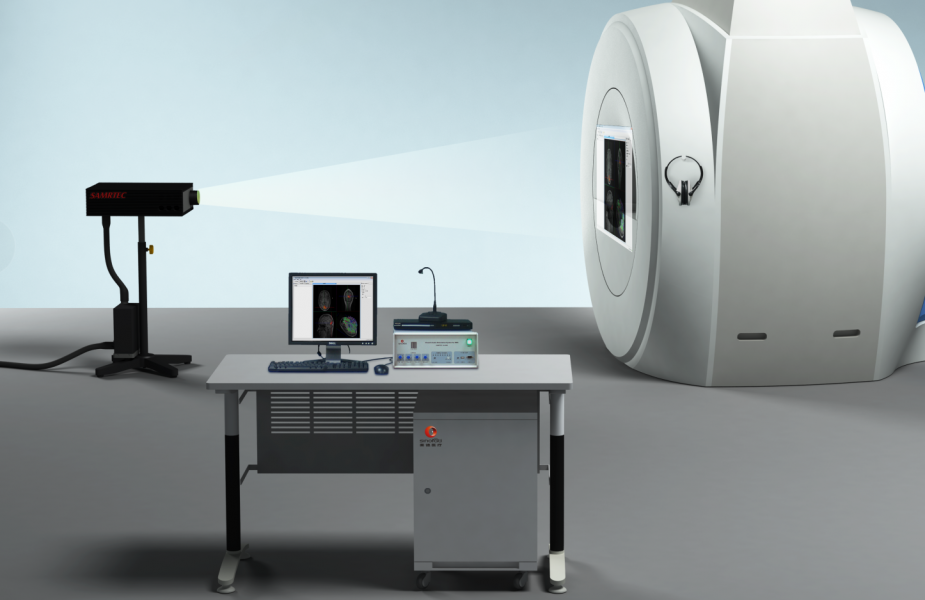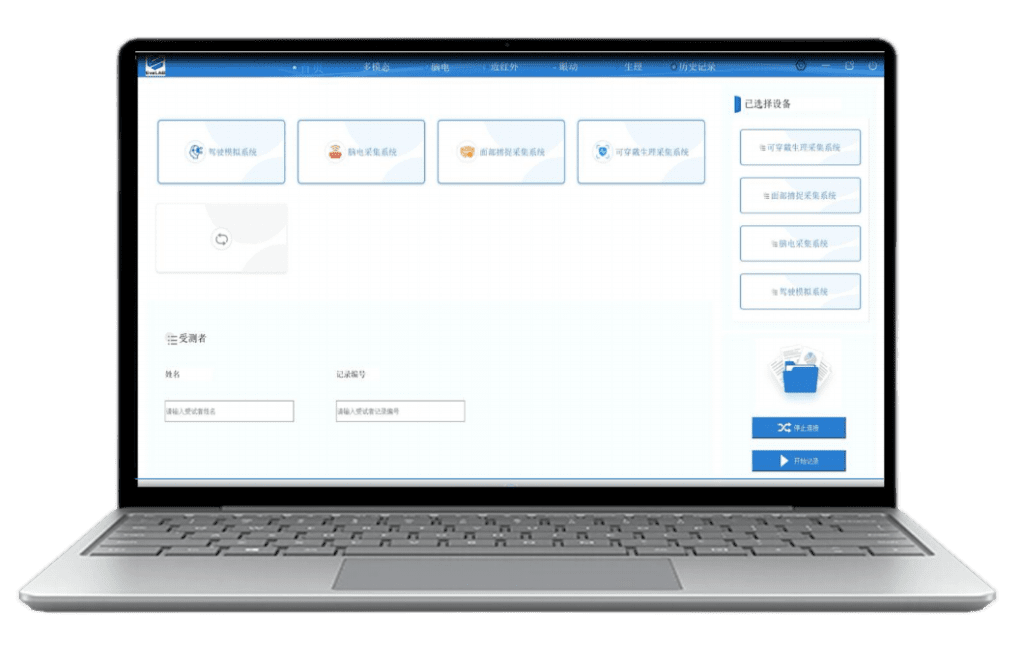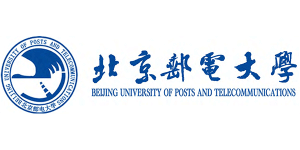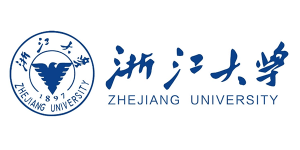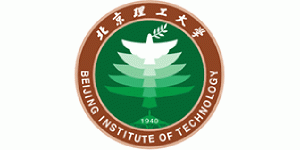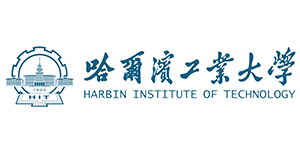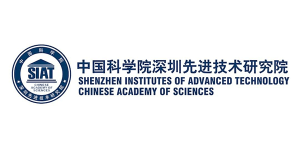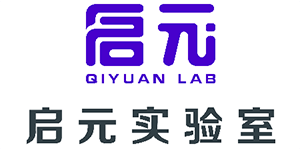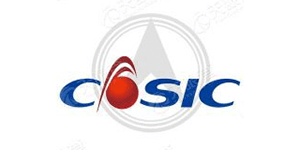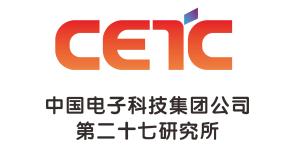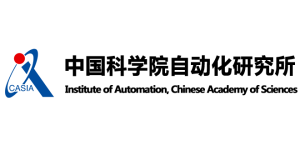2025 IJIE Special Issue Call for Papers
Enhancing Human-Computer Collaboration through Artificial Intelligence: Addressing Frontier Challenges with Interdisciplinary Solutions
AI-enhanced human-computer collaboration: cutting-edge challenges and interdisciplinary paths to realization



Submission Deadline:August 29, 2025
Special Issue Submission Link:
https://www.sciencedirect.com/special-issue/318251/enhancing-human-computer-collaboration-through-artificial-intelligence-addressing-frontier-challenges-with-interdisciplinary-solutions





Special Issue Topics
special issue information
With the rapid advancement of technology, machine-assisted systems and artificial intelligence (AI) are reshaping and optimizing every aspect of production and life with unprecedented breadth and depth. Industries such as manufacturing, transportation, and construction are transforming to become smarter, more efficient, and more sustainable. This evolution is evident not only in common human-computer interactions, such as smart manufacturing, autonomous driving and smart construction, but also in how AI is being integrated into and enhancing all aspects of production operations to drive industries to the next level.
However, while pursuing a high degree of automation and intelligence, new challenges and problems have emerged. The widespread use of artificial intelligence raises pressing social and ethical issues. It is crucial to ensure that technological advances benefit all of humanity, rather than exacerbating social inequalities. Key issues include how to balance technological advances with job security to prevent automation from leading to unemployment; how to ensure fairness, transparency and accountability in AI systems to mitigate algorithmic discrimination; and how to establish effective regulatory frameworks to protect individual privacy and data security.
This special issue aims to bring together scholars from different disciplines, including industrial engineering, ergonomics, neuroscience, psychology, sociology, and computer science, to discuss the latest research, trends, and interdisciplinary solutions in the field of AI-driven human-machine collaboration. By fostering interdisciplinary collaboration, we hope to explore how to build safer, more efficient, and more comfortable human-machine work environments, how to enhance workers' skills to adapt to new production models, and how to promote the development of new industrial ecosystems in which humans and machines coexist harmoniously and to their mutual benefit.
The following research areas fall within the scope of this special issue
Potential topics
Artificial Intelligence Technology for Human-Computer Interaction and Risk Assessment in Safety Management: utilizing artificial intelligence to enhance human-computer interaction in the workplace, improve safety awareness, and reduce risk through data analysis and early warning systems.
Artificial Intelligence-Assisted Design and Optimization of Intelligent Production Lines: Explore how AI can optimize production processes, increase productivity, and impact on worker health, safety, and workload.
Neuroscience and psychology in human-computer interface design: utilizing neuroscience and psychology to understand cognitive processes, emotional responses, and trust mechanisms in AI-assisted systems.
Adaptive Human-Machine Collaboration: examines how AI can facilitate seamless collaboration between humans and machines, including smart assistants, wearable sensors, and AR/VR technologies in a variety of environments.
Ethics, privacy, and security in AI-driven human-computer collaboration: addressing ethical issues, privacy protection, and security challenges, and proposing interdisciplinary solutions.
Building ergonomics in AI-integrated work environments: examining how ergonomic design can reduce occupational injuries and increase job satisfaction in AI-enhanced workplaces. Safety Behavior Analysis of Human-Computer Interaction during Setup Processes
Human Factors in Advanced Human-Computer Interaction: Provide design suggestions and efficiency enhancement strategies for advanced human-computer interaction technologies, including eye-tracking control, brain-computer interfaces, VR/AR, gesture interactions, voice interactions, and so on.
Emotional intelligence and human-computer emotional communication: exploring the role of emotionally intelligent technologies in human-computer collaboration, including emotion recognition and empathy.
Impact assessment of AI in socio-technical systems: analysis of the impact of AI on socio-technical systems, such as labor markets and supply chains, and the resulting changes in employment structures and workplace cultures.
Artificial Intelligence-driven Industry 5.0 and the new paradigm of human-machine collaboration: an exploration of how artificial intelligence is driving innovation in human-machine collaboration models in Industry 5.0, including adaptive learning and predictive maintenance.
Artificial Intelligence in Cross-Cultural Human-Computer Collaboration: customized HCI solutions for multinational enterprises, taking into account differences in acceptance and behavior of AI in different cultures.
Applications of Computer Vision and Pattern Recognition: study the application of computer vision and pattern recognition in defect detection and hazard identification, aiming to improve product quality and safety through high-precision image analysis.





Guest Editor
Guest editors
Prof. Hanliang Fu
Xi'an University of Architecture and Technology, Xi'an, China
Prof. Peng Liu
Zhejiang University, Hangzhou, China
Prof. Yafeng Niu
Southeast University, Nanjing, China
Prof. Weizhuo Lu
Umeå University, Umeå, Sweden
Dr. Haigen Min
Chang'an University, Xi'an, China





Submit information
Manuscript submission information
Open submission time:January 13, 2025 to August 29, 2025
Contributor website:
https://www.editorialmanager.com/ergon/default2.aspx
Article type name:"VSI: AI Human-Computer" - Please select this option when submitting your article online
All manuscripts will be peer-reviewed. Submissions will be evaluated on the basis of originality, significance, technical quality and clarity. Once accepted, articles will be posted online immediately and published in the regular issue of the journal within a few weeks. Articles will also be simultaneously collected in an online special issue. If you have any questions about the appropriateness of the topic of your submission, please feel free to contact the Features Editor (Prof. Hanliang Fu).
The author guidelines will help you with future submissions, so read on for more information:
Guide for authors - International Journal of Industrial Ergonomics - ISSN 0169-8141 | ScienceDirect.com by Elsevier
For more information about our journals, please visit our ScienceDirect page:
https://www.sciencedirect.com/journal/international-journal-of-industrial-ergonomics
Keywords: artificial intelligence; human-machine collaboration; socio-technical systems; brain-computer interfaces; eye tracking; smart manufacturing; autonomous driving; smart construction
Company Profile



With excellent innovation ability, Hengbest Technology has been awarded many invention patents, software copyrights and registered trademarks, selected in many authoritative lists such as National High-tech Enterprises, and participated in the compilation of national standards and group standards. The company has been serving universities and research institutes for a long time, and has cooperated deeply with many national societies such as the Chinese Society of Ergonomics, the Chinese Psychological Society, the Architectural Society of China, etc. The company organizes and participates in more than 40 academic conferences every year to promote technical exchanges and the development of the industry.
恒挚 Technology upholds the concept of "doing our part for the cause of scientific research", and is committed to becoming a leading scientific research-supporting science and technology enterprise, contributing to the progress of national science and technology and social development, and joining hands with partners from all walks of life to achieve a better future empowered by science and technology.
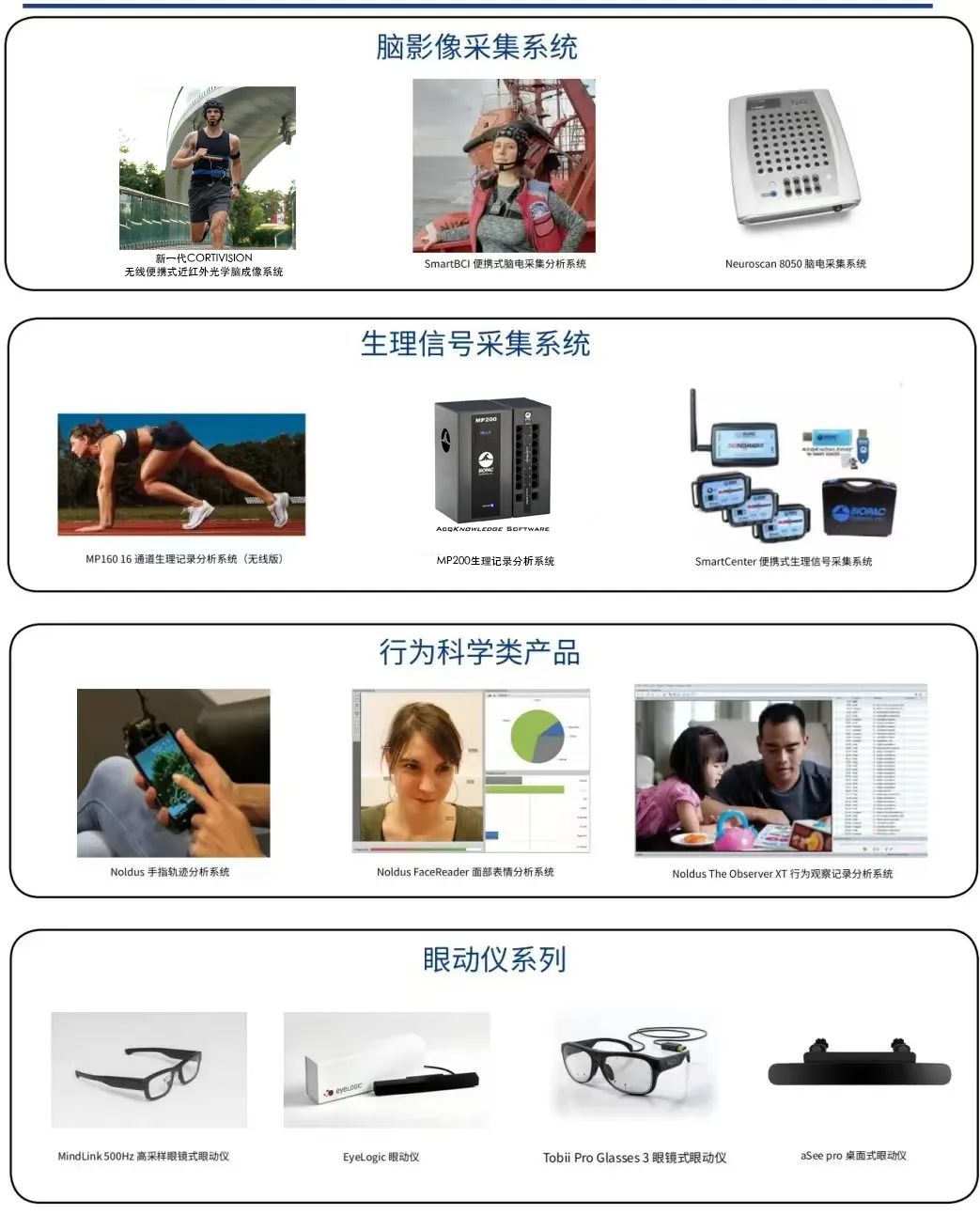


Scan the code to follow us






